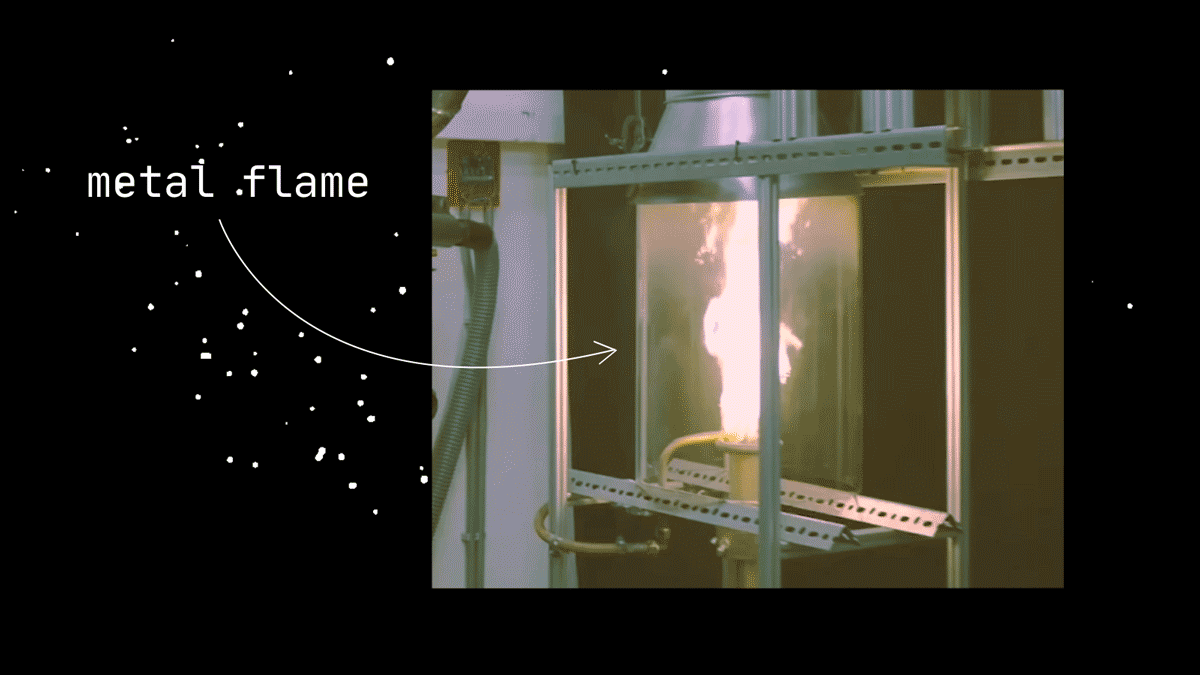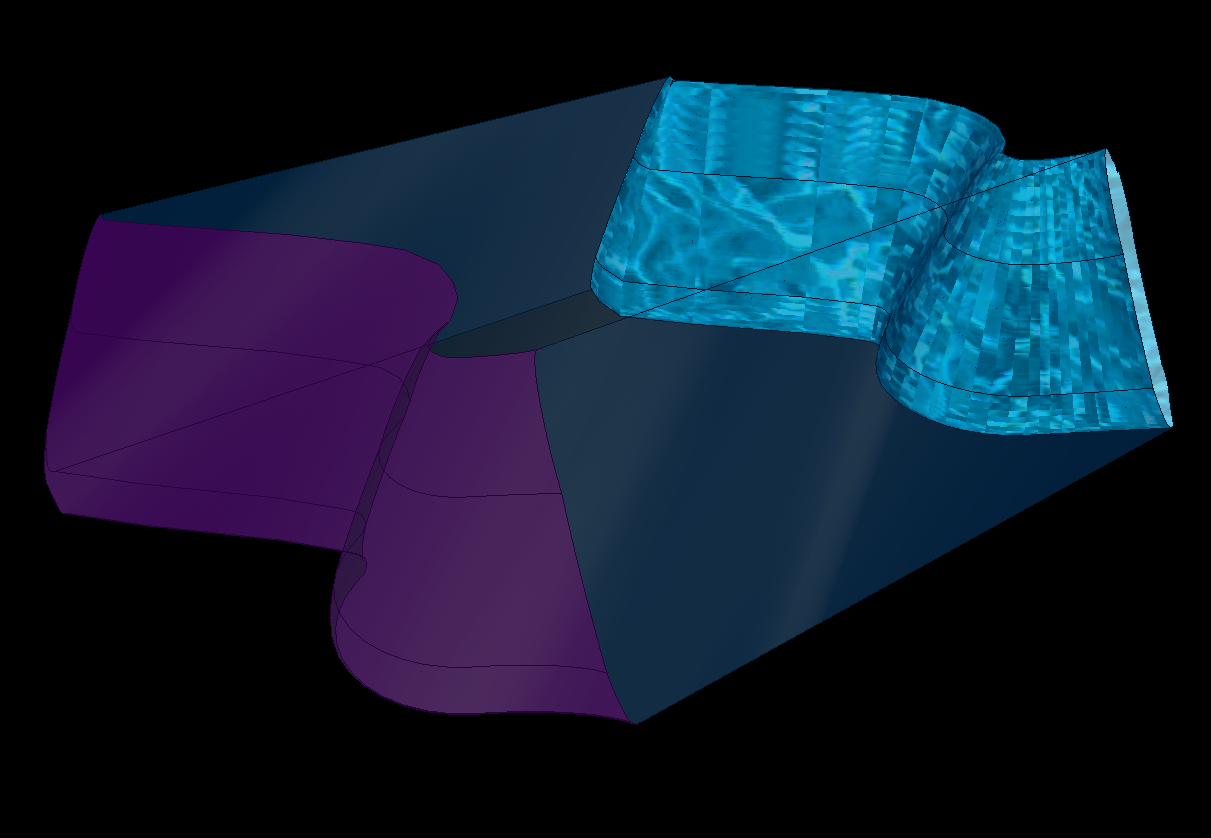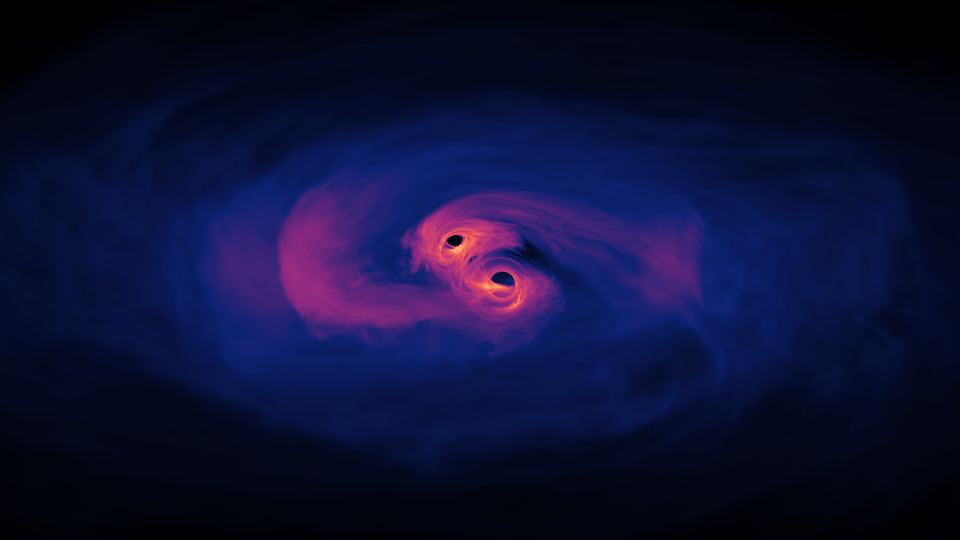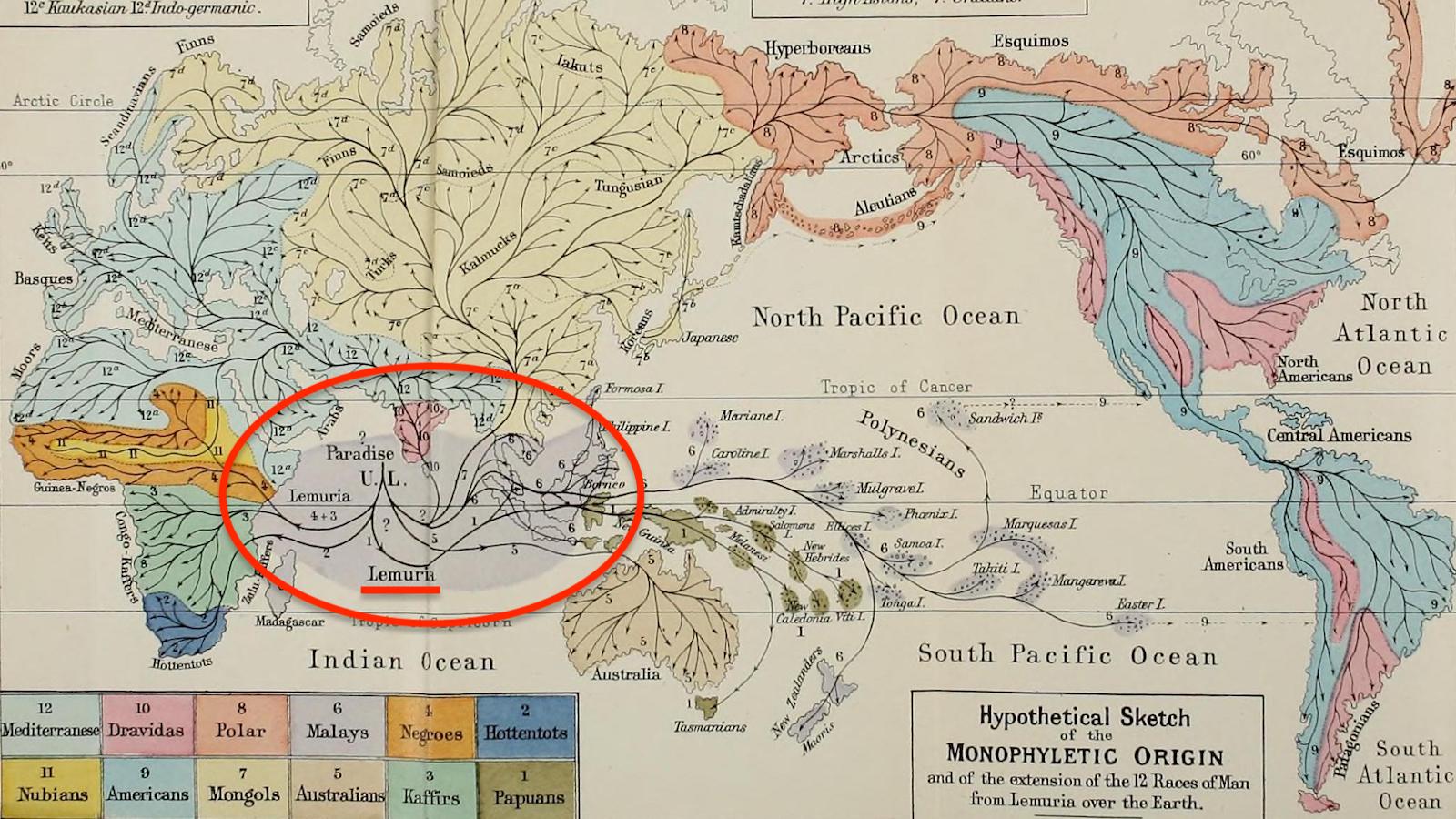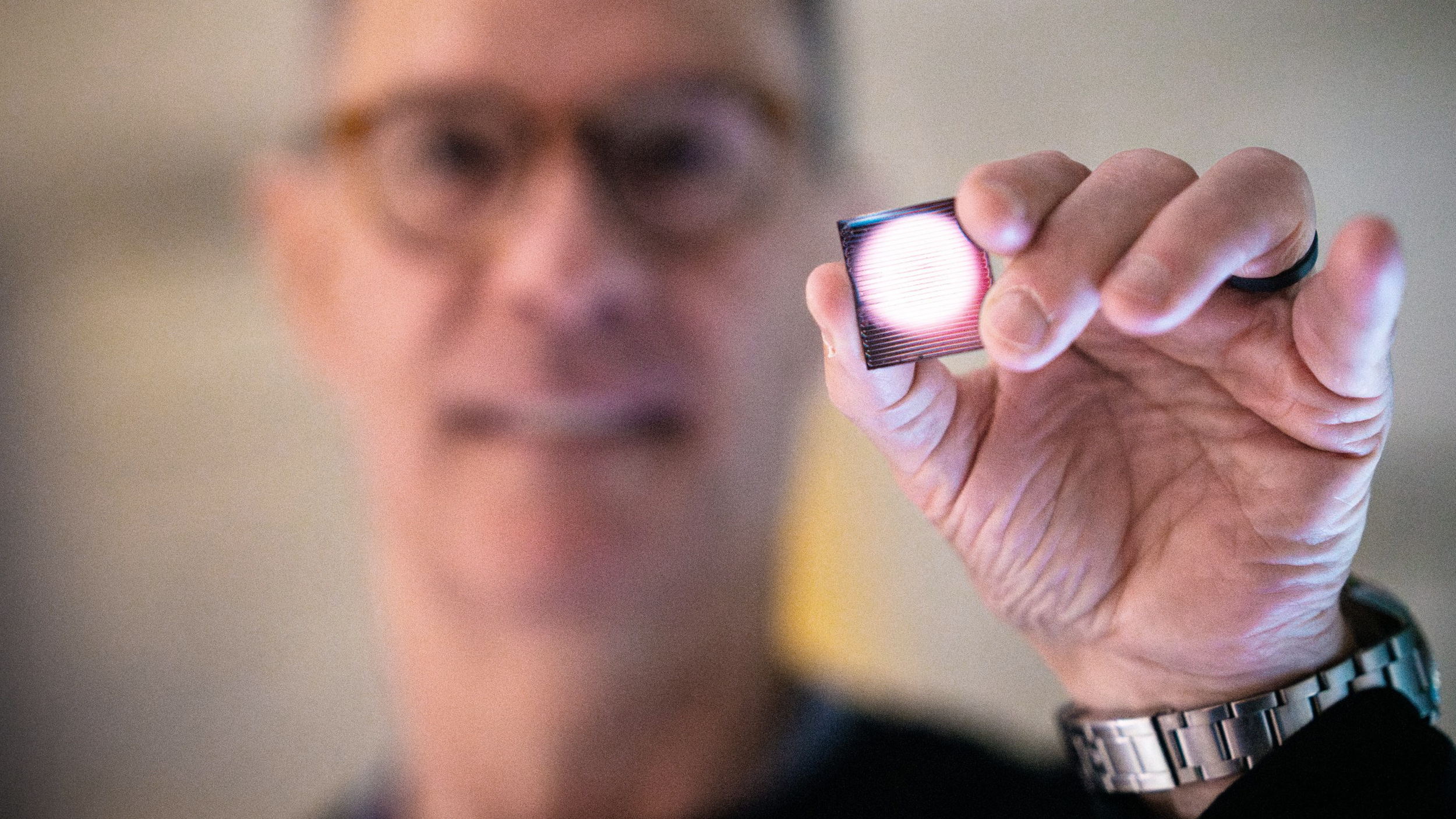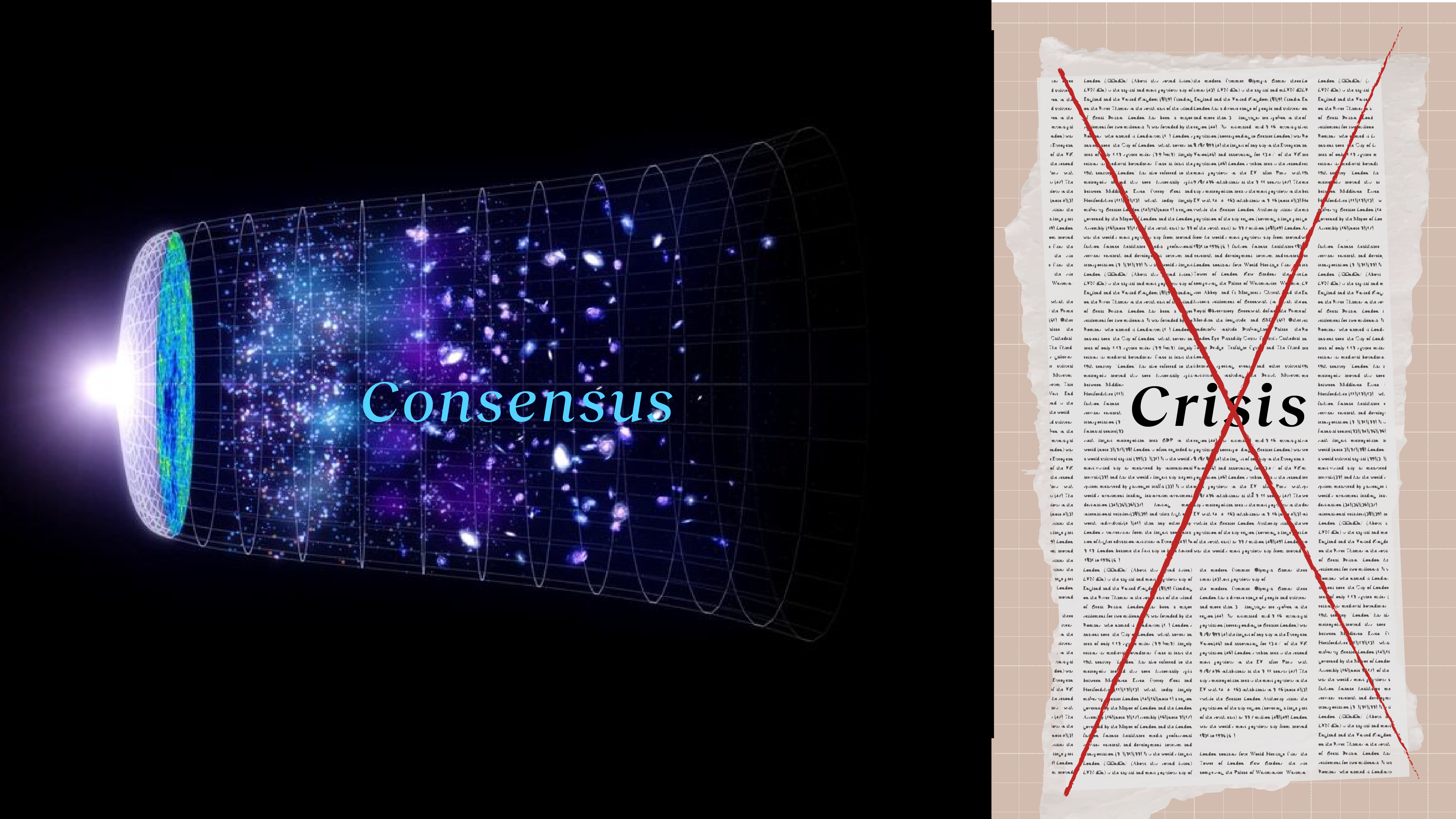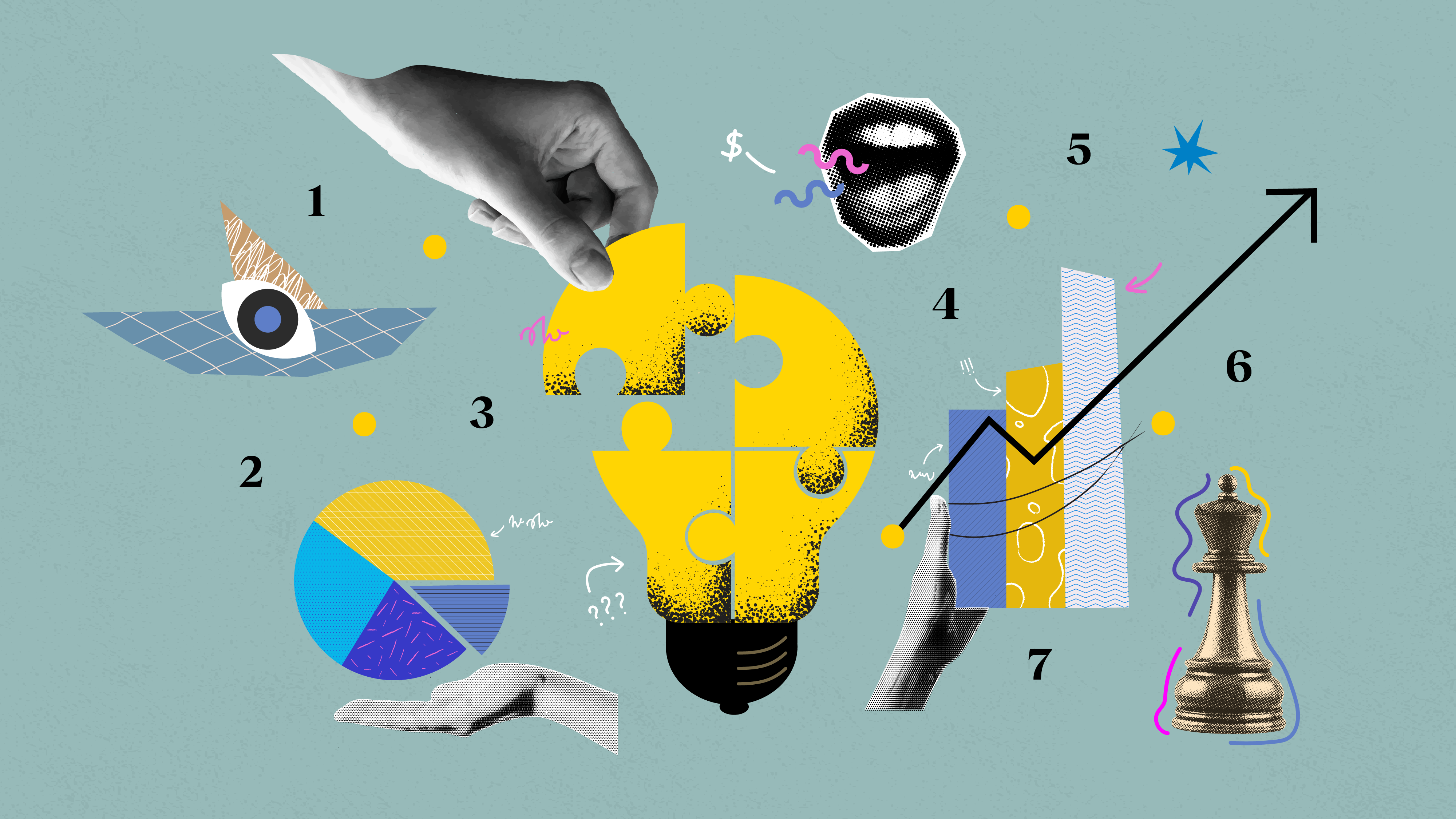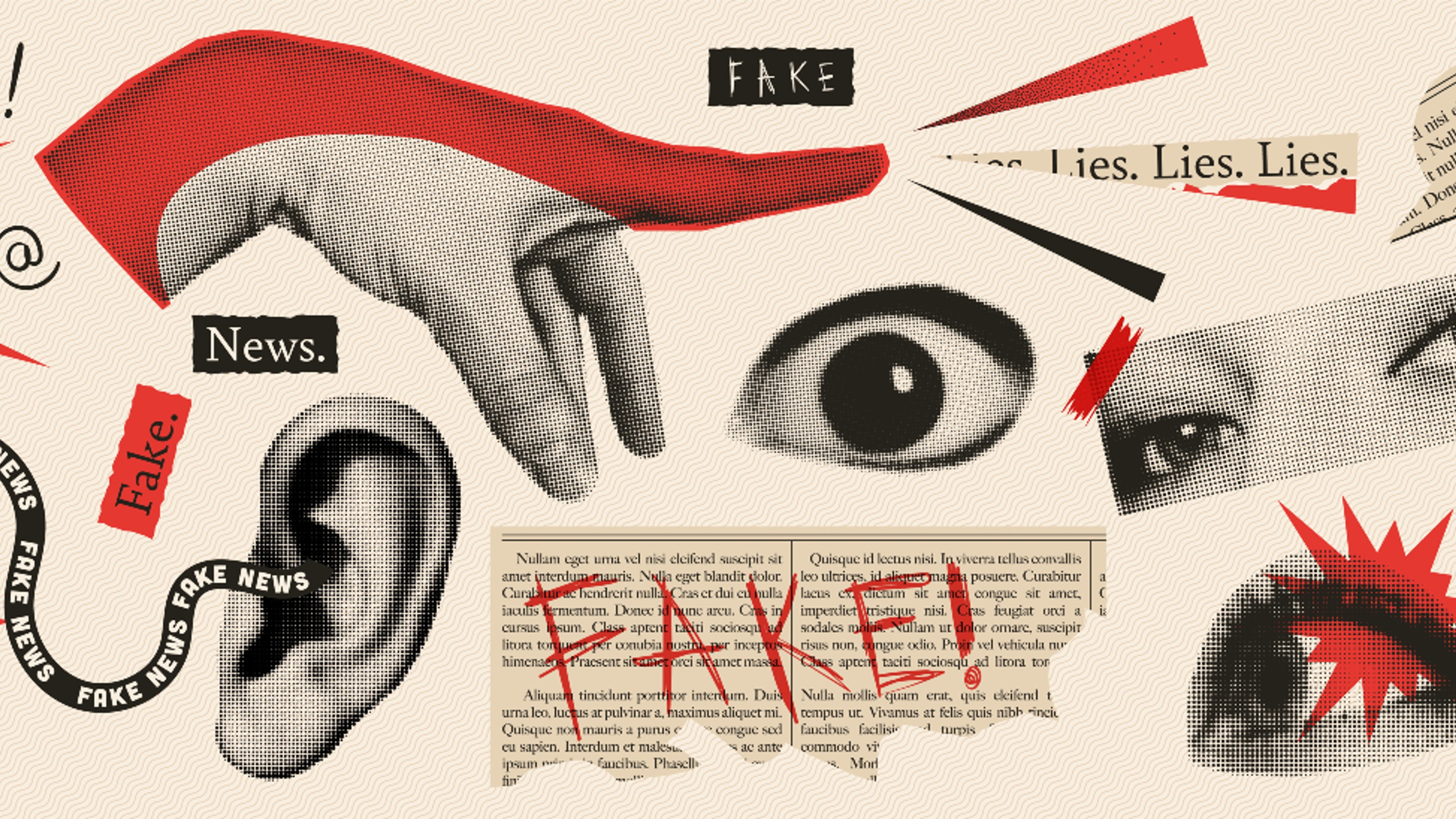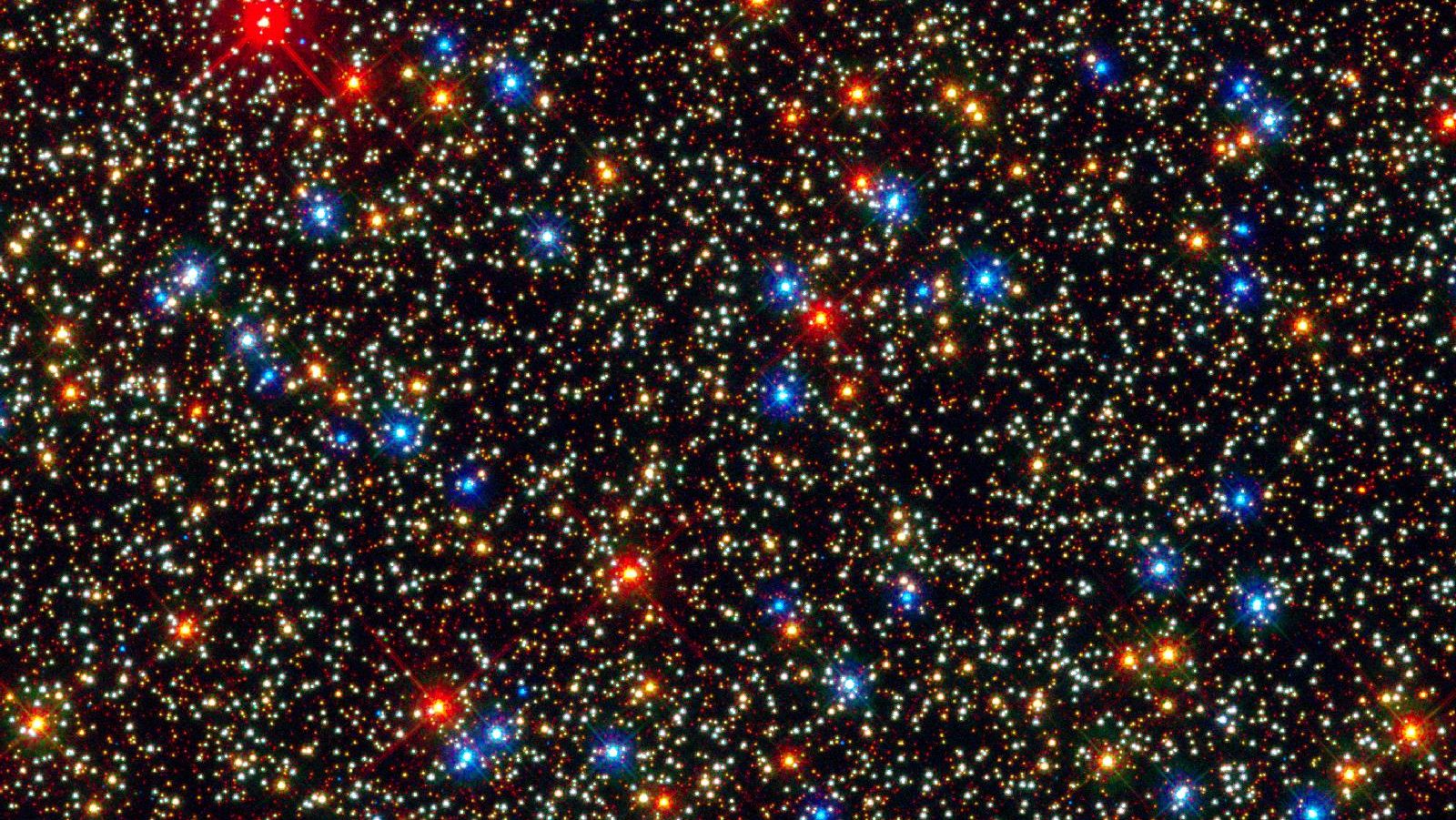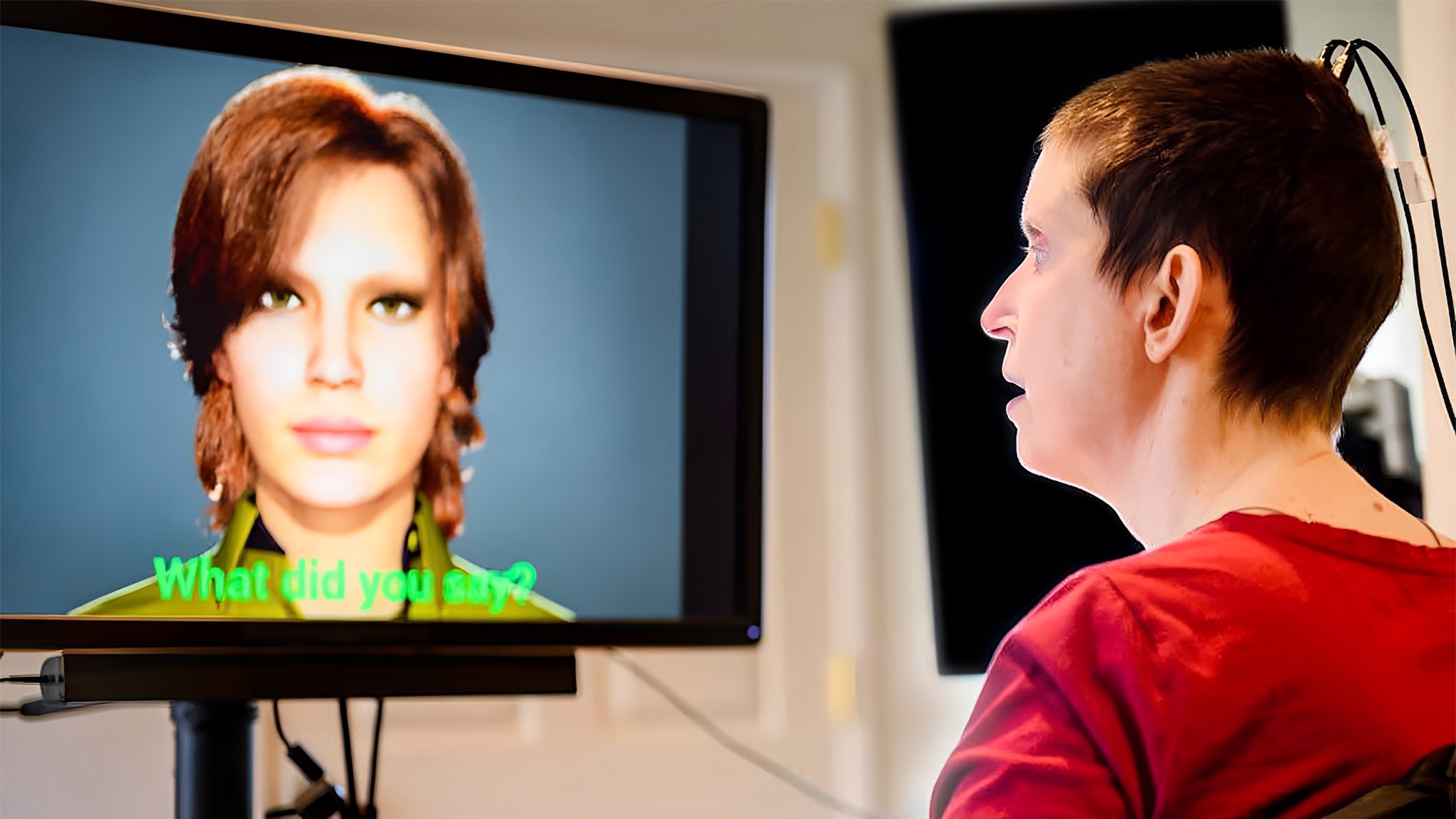Dive into seven texts that continue to shape Western philosophy, from ancient Mesopotamia to Greece’s brightest minds.
All Articles
In 1987, the closest supernova directly observed in nearly 400 years occurred. Will a pulsar arise from those ashes? JWST offers clues.
Experiments on suborbital rockets are revealing how to make a better iron furnace.
When it comes to predicting the energy of empty space, the two leading theories disagree by a factor of 100 googol quintillion.
The mountain can generate lenticular clouds, which may contribute to its supernatural reputation.
The asteroid is expected to come within 140,000 miles of Earth — well inside the moon’s orbit.
Over a third are worried that vaccines can cause “canine autism.”
“Choose not to be harmed—and you won’t feel harmed,” advised Stoic philosopher-emperor Marcus Aurelius. He had a point.
Jung thought these autonomous entities live in your unconscious mind — often at a cost.
Football is a risky sport, but bicycling to work is far more dangerous.
Three fundamental forces matter inside an atom, but gravity is mind-bogglingly weak on those scales. Could extra dimensions explain why?
Is mindfulness really the panacea it’s touted to be, or are we glossing over some fundamental flaws?
A relatively new interpretation of quantum mechanics asks us to reimagine the process of science itself.
Legend holds that newly elected popes in the Middle Ages had to present their genitals for inspection to confirm that they were male.
The anxieties underpinning the Great Resignation were simmering for a long time. Here’s a solution.
Newton thought that gravitation would happen instantly, propagating at infinite speeds. Einstein showed otherwise; gravity isn’t instant.
Looking at our planet with post-Copernican eyes has the power to change how we relate to it and each other.
To this day, one cult believes that Lemuria was real, and that its people left us the sacred wisdom to revive their advanced civilization.
The One Ring has its own agency and sentience — and it opens up a wonderful philosophy of things beyond our comprehension.
Subtle clues emerge ahead of the attack via changes in scent.
There are a few clues that the Universe isn’t completely adding up. Even so, the standard model of cosmology holds up stronger than ever.
Research consistently points to a set of leadership skills that are high-impact, difficult to develop, and not easily replicated by technology.
The design was as intricate as that of modern-day, factory-fabricated denim jeans, and just as durable. The ancients had fashion.
Interventions can make the most difference when Alzheimer’s is detected early.
Philosopher Lee McIntyre discusses the dangers of disinformation, how such falsehoods spread, and what we can do about it.
Pure cinema is about removing redundancy so that even the smallest detail serves a purpose in relation to the bigger picture.
With ~400 billion stars in the Milky Way and 6-20 trillion galaxies overall, that makes for a lot of stars. But not as many as you’d think.
Language influences how you visually process the world, which in turn influences your memory of it.
Simple “nudges” to remind people to show up for court could help keep thousands out of jail.
The brain implant lets her talk four times faster than the previous record.


